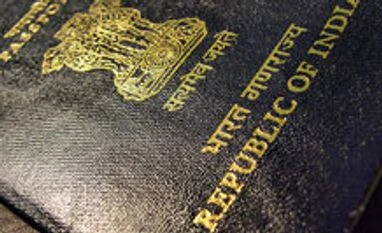“The first question I ask candidates when I call them to discuss an onsite opening is whether they hold an H1-B; if the reply is yes, half my job is done,” says an executive search manager at a city-based recruitment firm catering to several large and mid-sized IT services companies. “Some of our clients have clearly told us to target only those with valid H-1B visas and not consider others. This has left us with extremely limited scope for recruitment.”
An analyst at a US research firm in India who holds an H-1B visa says often, he received calls from recruiters, offering him “technology analysts” roles. “They don’t even realise my specialisation is not what would fit an IT services company’s expectations. Just because I have a visa, I keep being approached.”
More From This Section
H-1B is a sought-after work visa for IT professionals, as it allows them to stay and work in the US for up to six years. This visa also provides its holder the flexibility to shift jobs. It can be transferred to a new employer at a cost much lower than that involved in getting a new visa, making it a win-win situation for both employers and employees. Experts say to retain employees, several IT companies promise them H-1B visas.
In 2013, the US Citizenship and Immigration Services received 124,000 applications for H-1B visas, against the cap of 65,000. The applications had exceeded the cap within five days of the process being opened. This led to the agency using a lottery system to grant H-1B visas.
The primary reason for the rise in demand for H-1B visa holders was the sudden recovery in the US market and an uptick in demand from clients, experts said. Owing to higher demand from clients in the US, most Indian IT companies might need to send more employees to sites in that country soon. The application process for fresh H-1B visas will start in April and the visas will be issued only by October.
“Right now, the US market is opening up rapidly and some companies might have urgent requirement of people,” said Ganesh Natarajan, vice-chairman and chief executive of mid-sized IT services company Zensar Technologies. “Under such circumstances, there is a need to hire people who have valid H-1Bs and can be immediately put on the job, rather than wait for someone to go through the entire visa process.”
IN DEMAND
H1-B visaholders are in demand because:
* Sudden uptick in demand in the US
* Fear of rise in visa costs in future
* Fear of tightening of visa norms
* New visa issues to start only in October
* Increased scrutiny on visa use
)